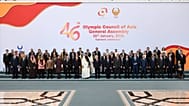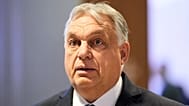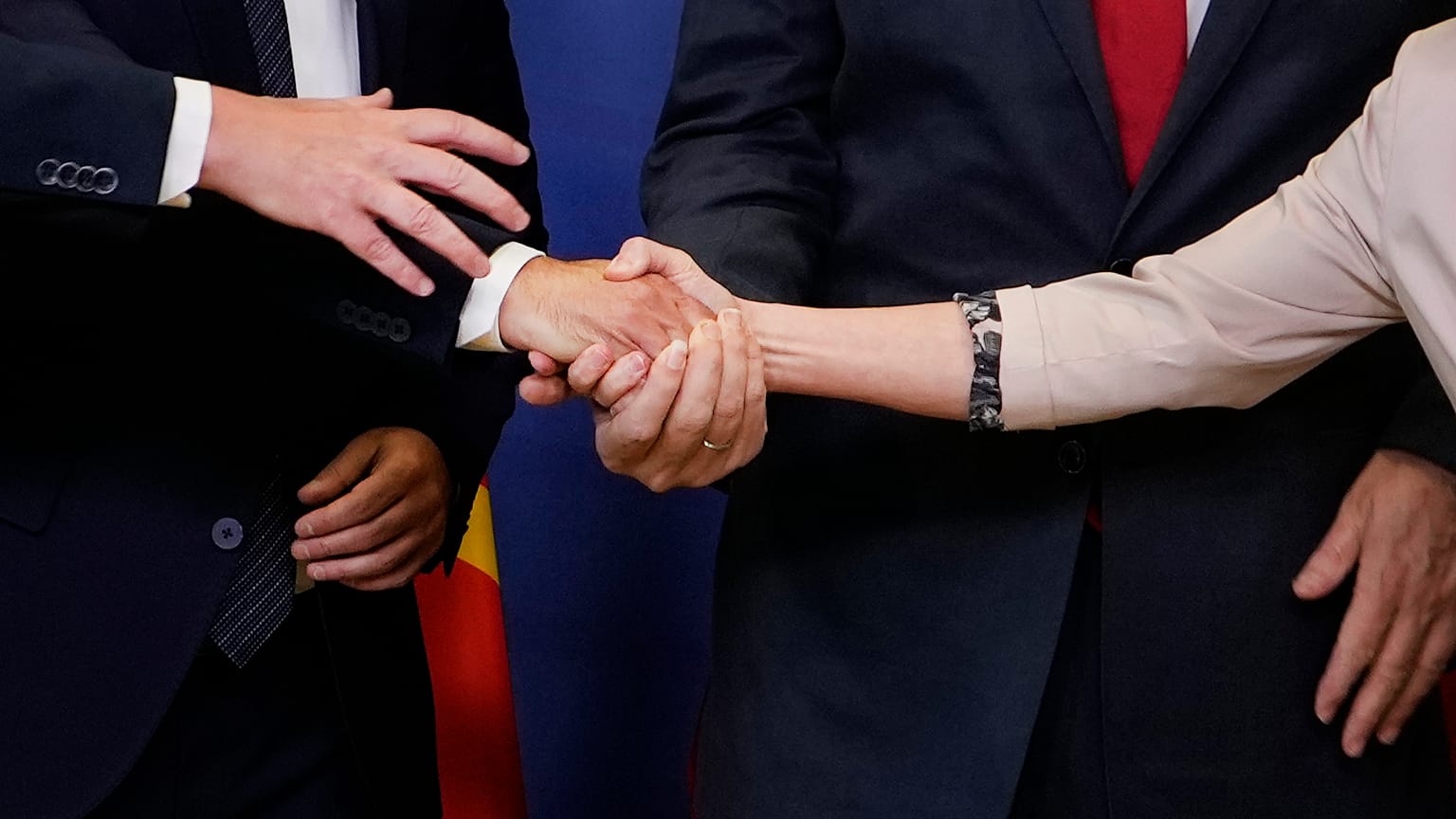EU hopefuls from the Western Balkans have faced a years-long delay on their membership path. Ahead of its flagship enlargement summit on 4 November, Euronews examines the reasons why the process has lost momentum in recent years and why some of the region's citizens now have reservations.
“Waiting for Godot”, a theatrical play where the protagonists wait for something that never happens, has become a favourite catchphrase of Albanian Prime Minister Edi Rama to describe the feeling that some candidate countries have towards potential EU membership.
“Albania (is) Estragon, the European Union is Samuel Beckett,” Rama said in June 2022, after a EU-Western Balkans summit.
Currently, nine countries aspiring to join the EU and hold candidate status are at various stages of the accession process. Seven of them have already opened the accession negotiations, the last stage of the path to membership.
However, the process has stalled on Brussels' end at least since the time of the former European Commission led by Jean-Claude Juncker.
Western Balkan countries have been pushing for progress for many years. Albania and Serbia applied to join the EU in 2009, Montenegro in 2008, and for North Macedonia the wait has lasted since 2004.
The process seems to have slowed down, much to the frustration of the leaders and the citizens of the region's countries — until now.
Croatia, the last country to join the EU in 2013, had to wait 10 years from the application to the final green light, while Romania and Bulgaria had to negotiate 12 years.
Western Balkan countries are still waiting, despite their efforts to align their policies and implement reforms. Yet, Russia's war in Ukraine and rapid geopolitical changes have been among the key reasons behind the reinvigorated push to proceed with the enlargement process and Brussels' strategic interest in welcoming new members.
The enlargement to the southeast is widely considered a key foreign policy tool and strategic priority in the EU as a whole, to the point that European Commission President Ursula von der Leyen rebranded it as “reunification of Europe” in her last State of the Union speech.
“There is a slowdown of the enlargement process if we compare it to the rhetorical commitment heard from the (EU) senior officials and politicians”, Teona Lavrelashvili, research associate of Wilfrid Martens Centre for European Studies told Euronews.
“Becoming an EU member has become much more demanding. Countries have to respect a number of rules, ensure the rule of law, and meet a number of benchmarks, which have not been the case in the previous accession. Also, the geopolitics has become much more difficult to tackle,” she said.
To join the EU, each country must meet a set of governance standards known as the Copenhagen criteria, established in 1993, with the European Commission evaluating their progress, and the final unanimous vote being up to the leaders of the 27 member states.
Fears of more vetoes among the EU countries
Next week, the European Commission will present the 2025 enlargement package, an annual study to assess the progress made by EU hopefuls.
This year, the package will include the “pre-enlargement policy review” on the changes the current EU members should adopt to accommodate the newcomers, sources in Brussels told Euronews.
According to Lavrelashvili, current EU member states have some concerns about new members, especially regarding cohesion.
But in her opinion, the main fear is that an enlarged EU would move even slower than now on matters where unanimity is required. “The institutional architecture of the EU is the real elephant in the room”, she said.
All 27 member states need to agree for a decision to be taken in a wide range of areas, including foreign and financial policy, and adding more members without institutional reform of the bloc would mean more voices able to wield their veto at the negotiating table.
The European Parliament, for example, believes that “enlargement processes and European unification should proceed hand in hand” and that “EU institutional and financial reforms are needed to face the challenges of the current enlargement process and to ensure the EU’s capacity to absorb new members,” reads the last resolution approved on the matter.
A way to break the deadlock?
Over the years, one of the ways to break this deadlock has come in the form of granting newcomers EU membership without the veto right.
At the moment, there has been no such discussion at any level among EU countries on this proposal, three different EU sources told Euronews.
But Steven Blockmans, from the think tank Centre for European Policy Studies (CEPS), thinks that this can change in the near future.
“It is undeniable that this would introduce, of course, a differentiation between new and existing member states. But it would be temporal in nature,” Blockmans told Euronews.
According to Prof Blockmans, this option would facilitate decision-making among member states.
In his opinion, it would be time-limited and acceptable from a legal standpoint. “It would not create a breach (in the EU law) because it would be applied to all future candidates joining the EU, so there would be no discrimination among them,” he concluded.















